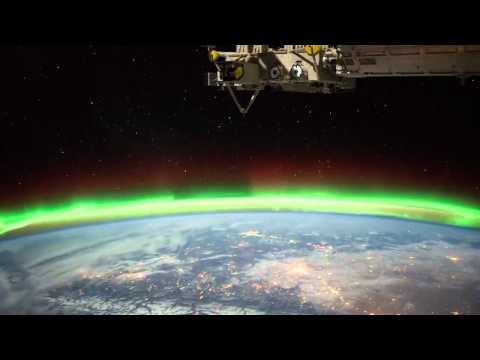Exploring the Cosmos: Groundbreaking Discoveries in Astrophysics
Astrophysics is a field of science that seeks to understand the universe and its vast complexities. Over the years, groundbreaking discoveries in astrophysics have led to a better understanding of the cosmos and our place within it. From the discovery of black holes to the confirmation of the existence of dark matter, these findings have reshaped our understanding of the universe and sparked new questions about its origins and evolution.
One of the most significant discoveries in astrophysics is the existence of black holes. These mysterious objects are formed when massive stars collapse under their own gravity, creating a region of space where gravity is so strong that not even light can escape. The first black hole was discovered in 1971, and since then, astronomers have observed numerous black holes throughout the universe. Studying black holes has provided valuable insights into the nature of gravity and the behavior of matter under extreme conditions.
Another groundbreaking discovery in astrophysics is the confirmation of the existence of dark matter. Dark matter is a mysterious substance that does not emit, absorb, or reflect light, making it invisible to telescopes. Despite its elusive nature, dark matter makes up a significant portion of the universe’s mass and plays a crucial role in shaping the structure of galaxies and galaxy clusters. The discovery of dark matter has challenged our understanding of the universe’s composition and raised new questions about the fundamental forces at play in the cosmos.
In recent years, advancements in technology have allowed astronomers to make even more groundbreaking discoveries in astrophysics. For example, the discovery of exoplanets – planets outside our solar system – has opened up new possibilities for studying the diversity of planetary systems and the potential for life beyond Earth. The development of powerful telescopes and observatories, such as the Hubble Space Telescope and the James Webb Space Telescope, has enabled astronomers to peer deeper into the cosmos than ever before, uncovering new phenomena and expanding our understanding of the universe.
As we continue to explore the cosmos, it is clear that there is still much to learn about the nature of the universe and our place within it. Groundbreaking discoveries in astrophysics have reshaped our understanding of the cosmos and sparked new questions about the origins and evolution of the universe. With advancements in technology and continued research, the future of astrophysics promises to be filled with even more exciting discoveries and insights into the mysteries of the cosmos.













